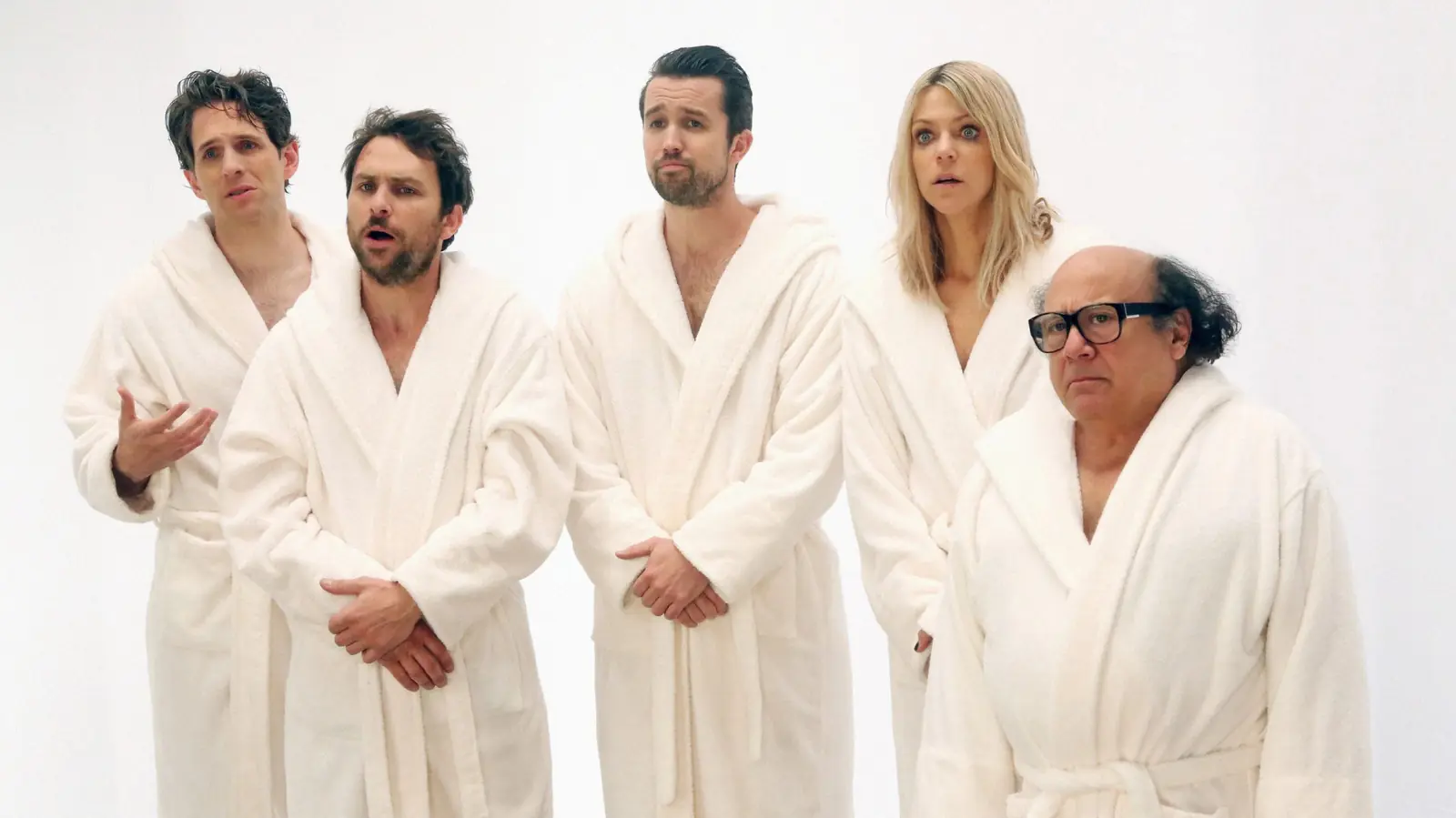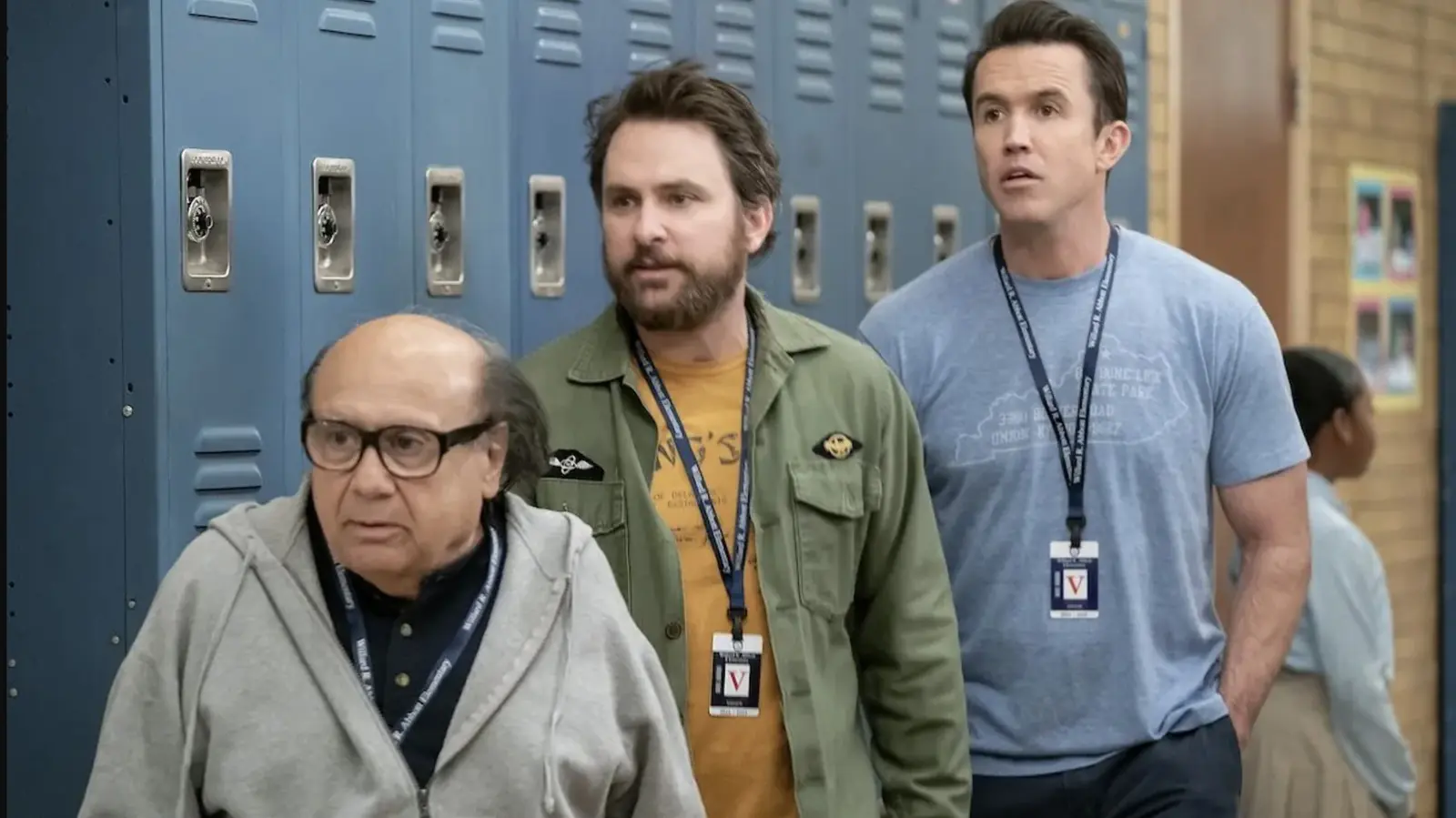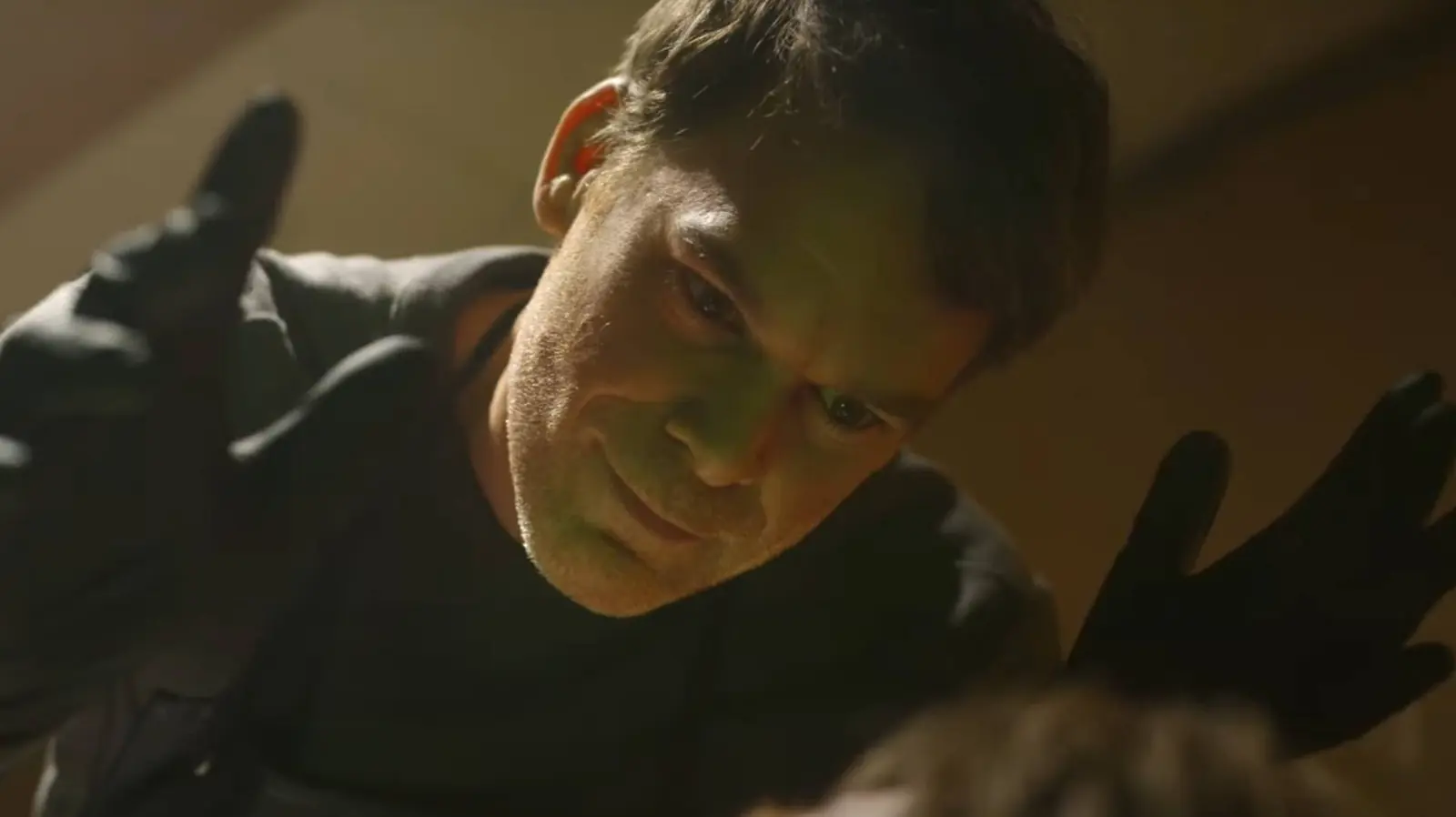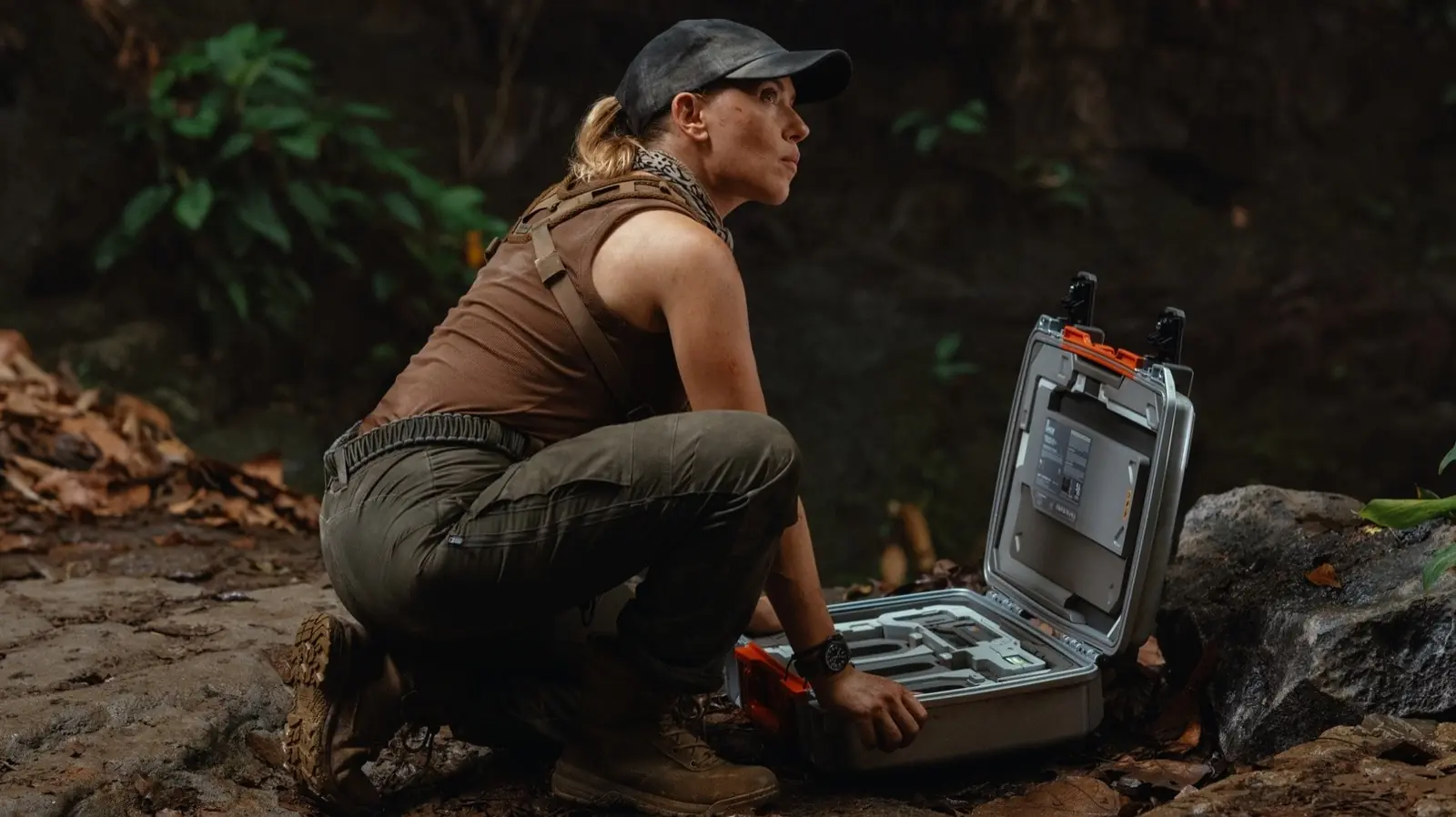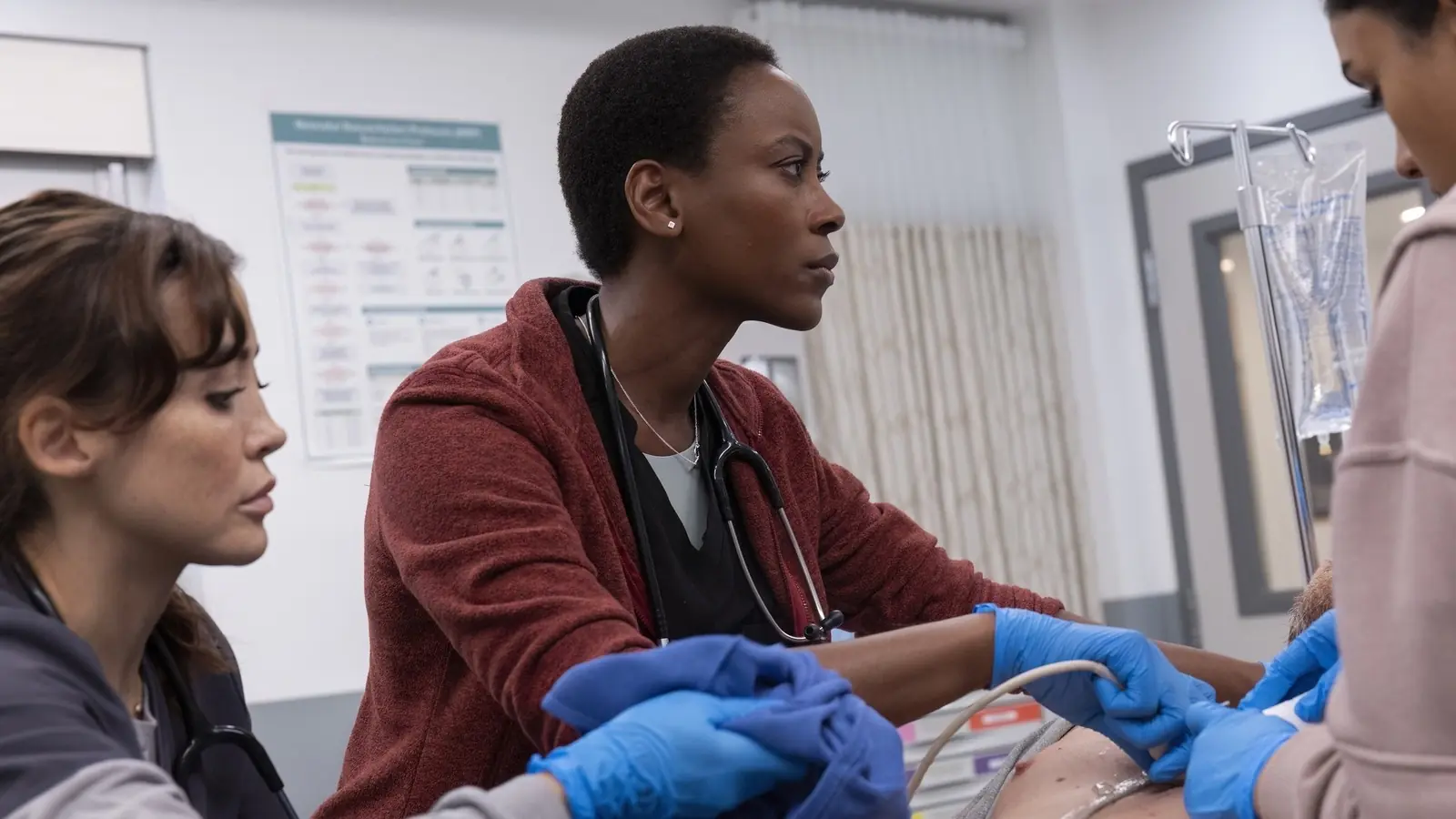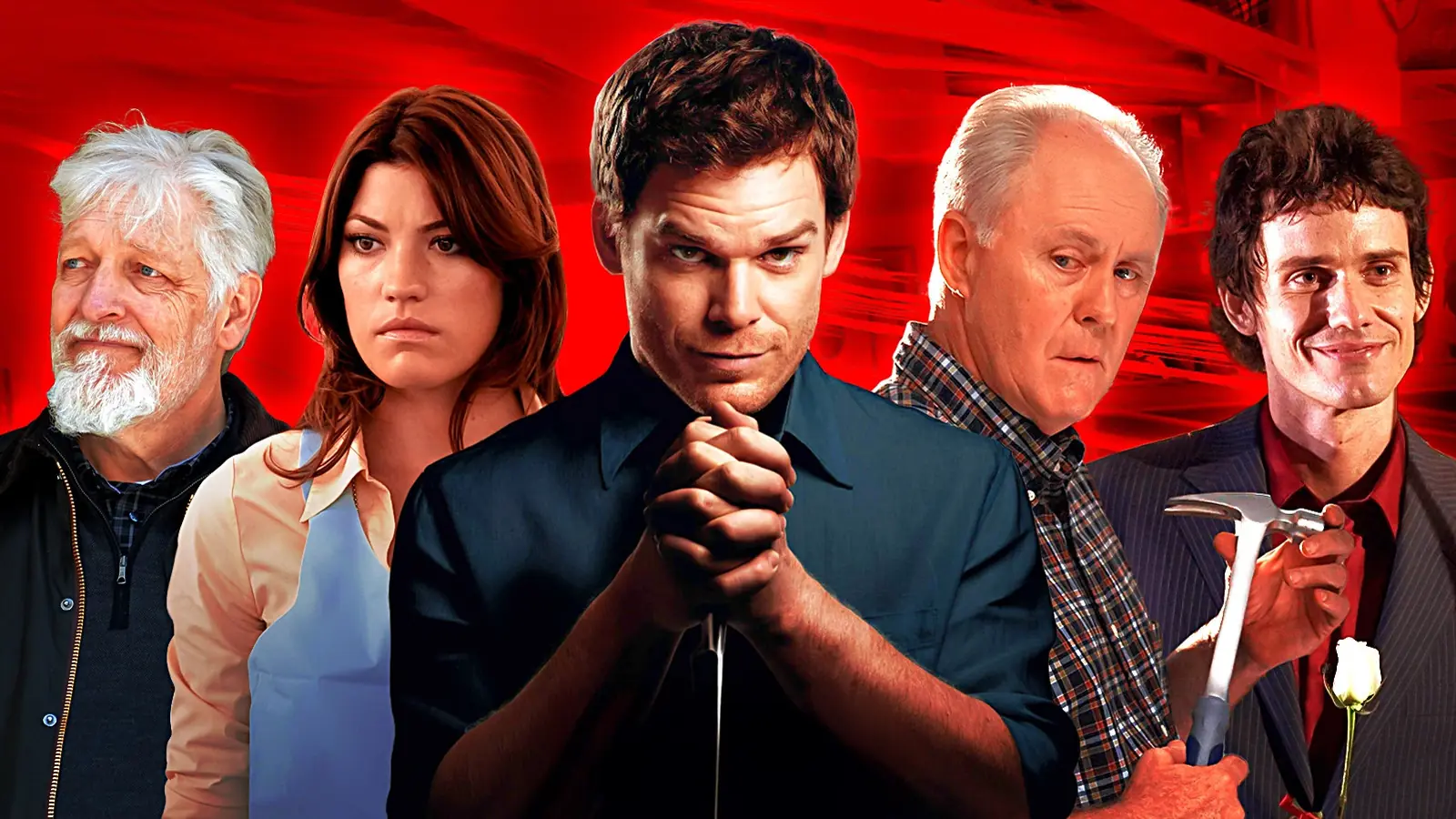“It’s Always Sunny in Philadelphia” has long captivated audiences with its outrageous humor and the morally questionable antics of its central characters, affectionately known as “the gang.” Over the years, fans have watched Charlie Kelly, Mac, Dennis, Dee, and Frank dive into downright despicable behavior that often challenges the boundaries of conventional comedy. Recently, the cast members took a moment to reflect on what they believe are the worst things their characters have done.
The show, now a staple of comedy television, thrives on putting its characters in situations where they repeatedly make unethical choices. As each season unfolds, the characters consistently push the envelope further, leaving viewers both shocked and intrigued. From sabotaging each other’s schemes to reckless endangerment and outright bizarre misdeeds, the gang has left a trail of questionable actions in their wake.
During a candid discussion about their most infamous on-screen moments, the cast provided insights that were as unexpected as some of the show’s plot twists. Each actor considered the array of law-bending antics their character has been involved in, offering a glimpse into the dark humor that defines “It’s Always Sunny.”
Rob McElhenney, who plays Mac, humorously mentioned that while the list of Mac’s misdeeds could stretch a mile, one standout moment involves his character’s obliviousness to his participation in unethical activities. “Mac’s unawareness makes everything he does that much worse,” McElhenney joked, recalling instances where Mac’s overconfidence and delusion led to particularly outrageous scenarios that only he could seemingly ignore the immorality of.
Glenn Howerton, who portrays the narcissistic Dennis Reynolds, pointed to his character’s exploitative antics as some of the most deplorable. “Dennis’s schemes often cross moral boundaries effortlessly,” Howerton said, describing Dennis’s toxic charisma and manipulation as being appallingly masterful. While Dennis’s behavior often leaves audiences equally appalled and amused, Howerton noted how pushing these limits is integral to the comedic tone of the show.
Kaitlin Olson chimed in about Dee’s endless belief in her unacknowledged talent being behind many of her poor decisions. Dee regularly attempts to validate herself through extreme and sometimes delusional actions, which Olson finds both tragic and comically rich. Olson reflected on how Dee, despite being ambitious, tends to falter in the most unbelievable ways, leading to misadventures that are simultaneously cringe-worthy and hilariously inevitable.
Charlie Day, beloved for his portrayal of the eccentric and often oblivious Charlie Kelly, mentioned how his character’s innocence often leads to inadvertent chaos. Day highlighted some of the more absurd things Charlie gets caught up in, pointing out how his heart is often in the right place despite the outcome being anything but. “Half the time Charlie doesn’t even realize what he’s done is wrong,” Day remarked, adding an air of endearing charm to his character’s otherwise inexplicable behavior.
Danny DeVito, as Frank Reynolds, brings a uniquely debaucherous energy to the show. His character acts with a degree of recklessness and moral bankruptcy that few characters on television can rival. DeVito shared that Frank’s hedonistic lifestyle often veers into catastrophically irresponsible territory. Yet, it is precisely this unfiltered approach to life that has endeared Frank’s character to the audience, making his questionable ethics somehow palatable through humor.
The discussion eventually circled to the show’s broader impact and the brilliant crafting of these flawed characters, who remain oddly relatable despite their criminal shortcomings. For the cast, the show’s success rides on a delicate balance of daring comedic risks and the writers’ and actors’ ability to maintain an intricate blend of humor and immorality that keeps the audience engaged and entertained.
The conversation underscored the importance of pushing boundaries in comedy, exploring themes typically avoided in mainstream sitcoms. The cast collectively acknowledged that their ability to delve into otherwise taboo topics is part of what has kept “It’s Always Sunny in Philadelphia” a mainstay in the hearts of its fanbase for so many years. They reflected on how the show subverts traditional moral lessons seen in sitcoms and instead offers audiences an unvarnished and comedic look at humanity’s darker sides.
As “It’s Always Sunny in Philadelphia” continues to be celebrated for its unabashedly irreverent storytelling and complex character dynamics, the cast’s reflections on their characters’ worst deeds provide an entertaining retrospective. They serve as a reminder that in the world of “Sunny,” even the gravest missteps are just another setup for the next big laugh.
In a television landscape continuously evolving, “It’s Always Sunny in Philadelphia” remains a unique beacon of risk-taking humor, championing flawed characters who, despite everything, resonate with audiences because of their imperfection rather than in spite of it. For fans and newcomers alike, the hilariously unethical exploits of the gang are a testament to the show’s enduring charm and comedic genius.

